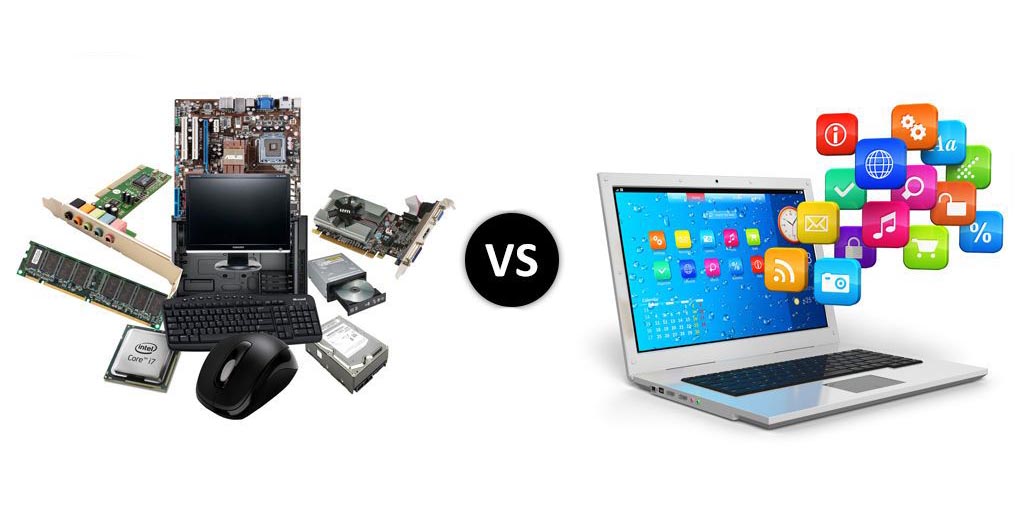For those who don't know, hardware is the physically parts that make up a device and software is the codebase that the device runs on. Gelertner's insight begs the question: if technological and computer products are so bad and obsolete, why do we praise them and believe we are living in an era of unprecedented technological advances?
Gelernter argues that we "accept bad computer products," "work around them," "make the best of them," and "barely even notice their defects." I can recall countless times my phone or computer has been slow, buggy, or frozen. Sure, I grew frustrated, but I eventually ended up doing the exact things that Gelernter says we do. I simply shrugged it off and accepted it as the norm. However, if we continue to sit back, accept mediocrity, and do nothing, we will continue to get nothing but underwhelming products while the companies that make them profit billions. As a society, we must demand better. We must no longer accept bad computer products and shrug them off as normal. If we act together, we may soon see a rise in the quality of software, and ultimately the second coming of technology.

I can definitely see how this post is grounded in Gelernter's manifesto. I think the hardware vs. software visual is nice as well. But I'm not sure this post brings anything new to the table here. You bring up the example of Google but if it's we are only making the best of it, why has it become so widespread? Or if your buggy phone is the main example, I would have liked to see more detail and how this relates to an insight.
ReplyDeleteI think I personally agree with your call to action at the end, but it feels really out of place here. From your post, I don't believe this call to action is justified because as a reader, you haven't really given me a reason to believe that I'm only "making the best" out of what technology offers.
You did a great job of using Gelernter's work in this post, as well as differentiating hardware and software right off the bat. However, you really only bring up your individual thoughts on the topic in a couple sentences in the final paragraph. It is an interesting thought and I would like to read more about it! Good job on the post, but I'd like to see an expansion on the ideas you brought up in the last paragraph.
ReplyDeleteLike the others have said, I think what you wrote is well grounded in the Gelernter reading. I really liked your opening paragraph, and I think it is effective at drawing the reader in. However, the example about your phone being slow and buggy seems awkward for the point that hardware tends to be well made while software is not, since a phone being slow and buggy could easily be a hardware issue. Since Gelernter's reading is from 1999, I also would have liked to see more of a reflection on how things may have changed since then, as I feel the average quality of software would have increased significantly since then. Also just a side note, but in my opinion, people reading this blog should probably be relatively well versed in technology so should be able to know what software and hardware is, so I don't think the sentence explaining this was really necessary.
ReplyDelete